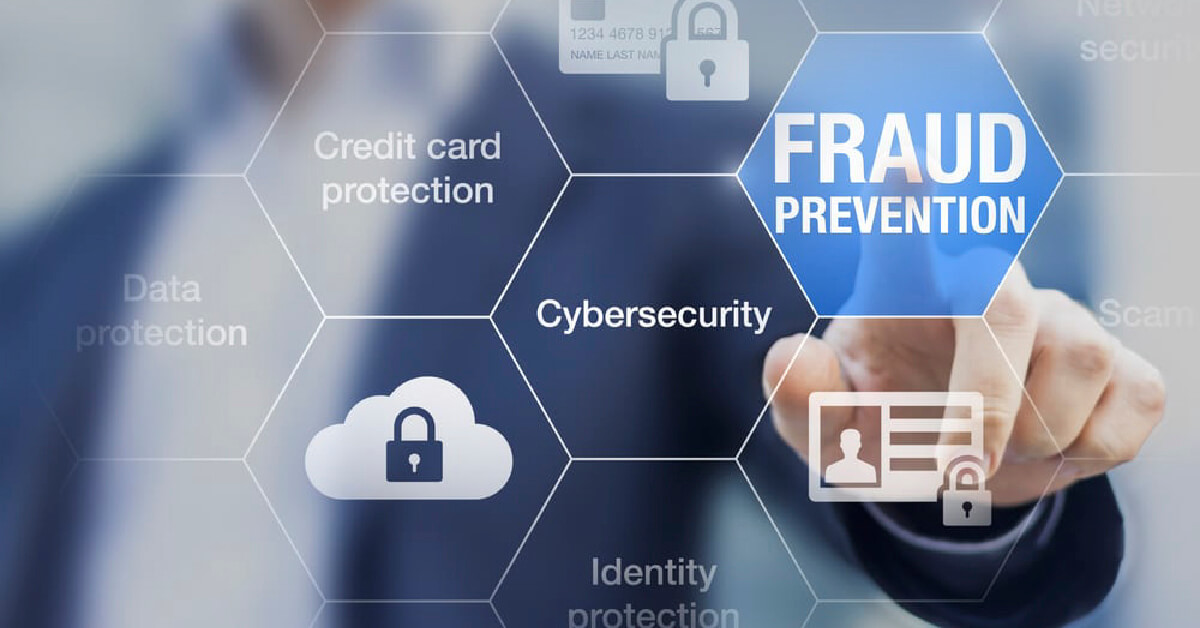By Luiza Buserska, Corporate Communications Executive at CODIX, and
Co-author: Laurent Tabouelle, COO of CODIX’s Group
Article, published on EFG Hermes Blog
In the global race for excellence and industrial leadership business crimes continue to be a serious problem for organizations worldwide, with most of the fraud remaining undetected. One reason for this is the increased pressure to reach financial goals. On the other hand, the tendency to reduce the number of employees, especially during economic stagnation, leads to a decrease in internal control resources. That’s why more and more companies are looking for mechanisms to detect internal fraud – asset misappropriation, accounting misdeeds, etc.
It is vital for each organization, whether large or small, to have a fraud prevention plan at hand.
Fraud is a costly act. But even though direct losses from economic crimes are significant by themselves, secondary damages such as destruction of the company reputation and customer trust, decline in share price and shareholder confidence, deterioration of business relationships and loss of motivation among employees, which can lead to reduced productivity, should not be underestimated. And although difficult to calculate, secondary damages can lead to significant losses for the business and these are the areas where the effect is most sensitively felt.
Fraud detection could be either accidental or disclosed through management tools, for example by introducing systems and solutions that can contribute to both improved efficiency and internal traceability, providing at the same time an audit trail. To avoid the risk of many financial crimes being left undisclosed, companies should invest in technology which supports the risk management and at the same time contributes to the development of the business itself.
Nowadays more and more organizations are looking for the right tool able to unlock the full potential and possibilities of their businesses.
As in general economic fraud is not a single action, companies should search for adequate mechanisms to prevent its recurrence. And, in order to manage the risk of such violations, the existing control systems must be reassessed. As with all business risks, it is necessary to move from post-factum actions after the crimes are committed to the establishment of an entire preventive control mechanism.
That means that once an organization has identified areas of its operations that require monitoring, user intervention, decision or reaction, the organization needs to take action to establish ways of controlling such activities. Such an example is the eligibility checks on portfolio documents, which need to be triggered on several financial events (e.g. entry of portfolio item in the management system, change in the property of the item, funding request, etc.).
Fortunately, today the businesses that have the ambition to be in the lead rather than simply survive can benefit from the development of technology and the existing innovative and flexible management tools which can help fraud prevention efficiently. Tools already exist that are able to provide at the same time: invoice sampling, trend analysis via well prepared and contextualized B.I. tool, alerts and warning rules – screening new assets/risk coming on – based on adjustable parameters to fine tune the activation rules based on the customer characteristics, reinforced “Know Your Client” rules leveraging also information available in other platforms via APIs, etc.
Modern event-driven management tools nowadays allow organizations: to prevent money laundering or have controls on payment term, issuing date, due date; controls on min/max invoice amount, max volume of the client portfolio or invoice reference, as well as to configure all kind of assessment rules.
These challenges for companies encourage them to search for business models and working practices that would maximize their potential with innovative time- and cost-saving technologies complying with clearly defined security, confidentiality and information control requirements.
In conclusion, except building a culture of intolerance to financial fraud, organizations need to take a critical look at new on-premises business solutions, invest in more flexible and complete management solution, able to reduce internal fraud, secure information within the system, provide decisions auditability and tracing.
Organizations and latest technologies can co-operate to ensure the best outcome through fully integrated set of tools to meet all the needs a buyer might have. It is necessary to search for a comprehensive and integral software solution which allows a fully digital and automated throughput, able to ensure maximum flexibility and efficiency, without sacrificing the risk control.

